April 22nd is Earth Day, the day we are reminded of all of the ways we could be doing our part to protect the environment for future generations to come.
One of the key aspects to living a more frugal lifestyle is finding ways to save money by reusing the stuff you may otherwise just throw in the trash.
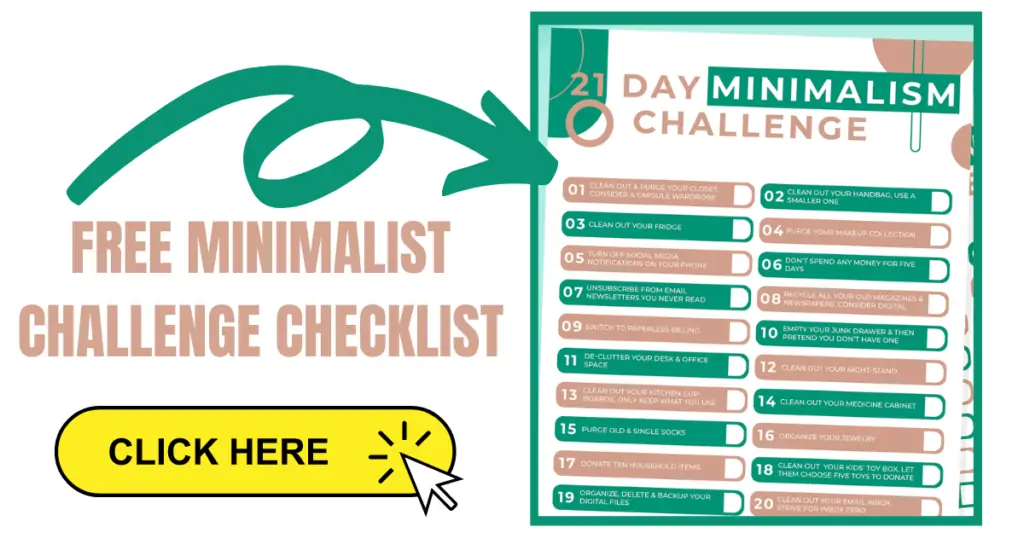
Learning some of these frugal ways for saving money is also one of the best ways to help save the environment too!
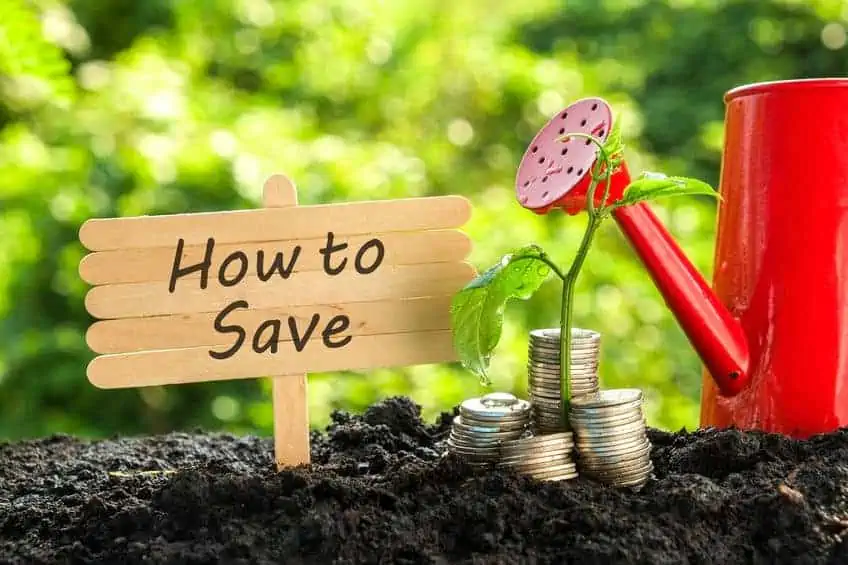
Money Saving Activities for Earth Day
If you want to learn about How to Save Money, read more below.
While some may resist going green because they believe it will end up costing them more money, others know being eco-minded actually saves a lot of green, too.
Chances are you are already doing a lot of these things because being thrifty really does cut down on waste.
Switching to CFL light bulbs, line-drying our laundry or using wool dryer balls to cut down on drying time and switching to reusable grocery bags are common tips this time of year.
In honor of Earth Day on April 22, consider these 10 unique ideas for saving money and the environment.
Ways to Save Money and Protect the Environment
Make Your Own Cooking Spray
Commercial cooking sprays are not only bad for your health — they contain additives and genetically-modified ingredients — they’re also bad for the environment.
Many sprays contain nitrous oxide, the largest ozone-depleting substance emitted through human activity.
Create your own cooking spray using a refillable pump-spray bottle containing your preferred cooking oil.
Not only will this save our planet and your health, but it will keep some extra dollars in your pocket as well.
Buy Refurbished Ink
On average, 375 million ink cartridges are tossed into landfills each year.
This statistic is especially bothersome when 97 percent of materials contained in an ink cartridge can be reused or recycled.
Instead of buying new printer ink, reduce your waste and buy refurbished or remanufactured cartridges.
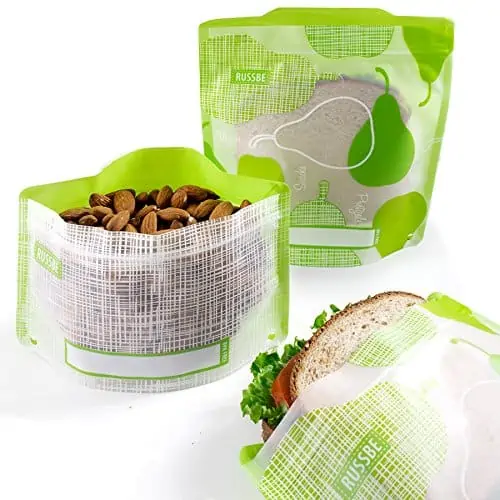
Swap Plastic Bags for Reusable
The U.S. alone adds 20 million plastic baggies to landfills every single day.
There are several companies trying to combat this waste by offering reusable snack sacks and sandwich sacks.
So far, their mission has helped keep over seven million plastic baggies out of water streams, which equates to about 430,000 pounds.
In addition to keeping our waterways clean, these bags are dishwasher safe and can be used again and again.
Repurpose Greeting Cards
From birthdays to holidays to other special occasions, Americans buy roughly 6.5 billion greeting cards annually.
At between $2 and $4 a pop, this represents an enormous expenditure by consumers.
In addition to sending e-vites and other digital well-wishes, you can reuse the paper greeting cards you receive during the year.
Simply remove the personal message and retain the decorative part to be used as a postcard greeting.
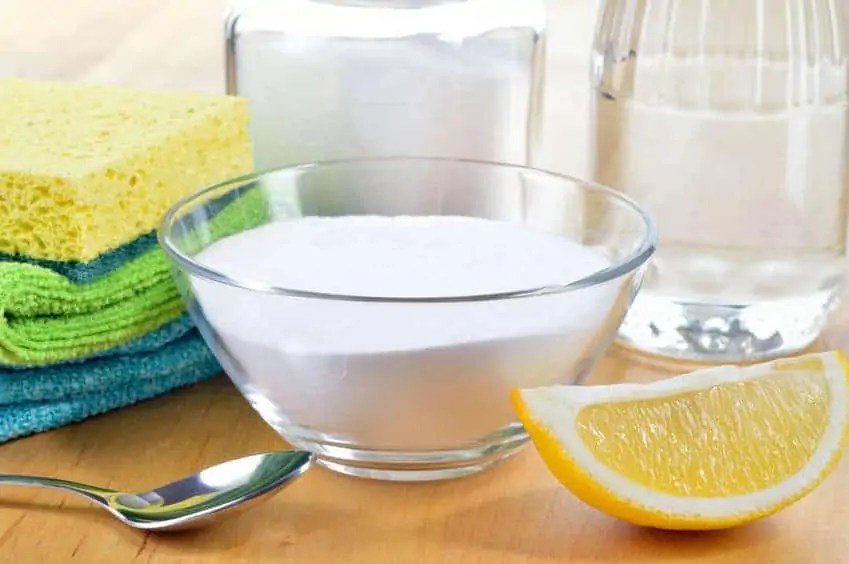
Use Natural Cleaners to Clean Toilets
The toilet is one of the dirtiest surfaces in our homes, and killing bacteria with bleach and other harsh chemicals is typically the go-to solution.
However, flushing these toxic substances into our waterways has grave environmental impacts.
Consider swapping manufactured cleaner for natural household items to get the job done just as well.
Pour a cup of vinegar into the toilet bowl and let sit for one hour.
Dip the toilet brush into the bowl, sprinkle with one-half cup baking soda and scrub until clean.
Close Those Blinds
Warm weather has already arrived in some parts of the country and is just around the corner for the rest.
Since heating and cooling take up most of the energy use detailed on our utility bills, finding alternative ways to keep your home comfortable is paramount.
Simply closing your blinds can help mitigate the warming effects of the sun, since 40 percent of unwanted heat comes through windows.
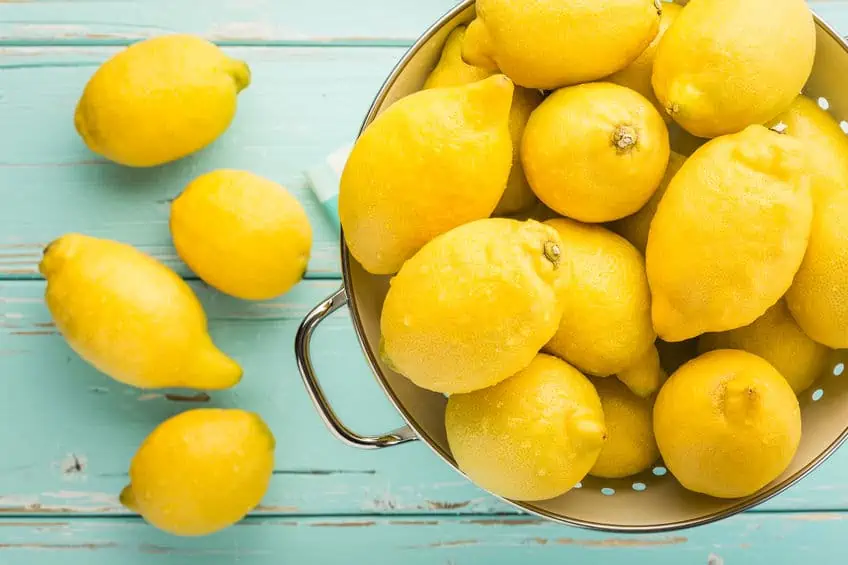
Consider Alternative Uses for Lemons
Among the basic cooking ingredients, lemons are one of the most commonly used flavoring agents after salt and pepper.
Additionally, lemons are a natural cleanser, helping to cut grease on dirty dishes and clean countertops when mixed with water.
You can even use lemon juice to keep creepy crawlers from invading your house!
Check out this list of green uses for yellow lemons, and stock up on one of nature’s most useful creations.
Try Cloth Instead of Paper
According to an article in Living Green Magazine, it takes 51,000 trees to produce the number of paper towels used in a 24-hour period.
Since paper towels cannot be recycled or composted, they contribute heavily to the 40-percent ratio of paper products in our landfills.
At an average of $1 per roll, you can save money and the environment by switching to cloth napkins, sponges and other reusable methods of cleanup.
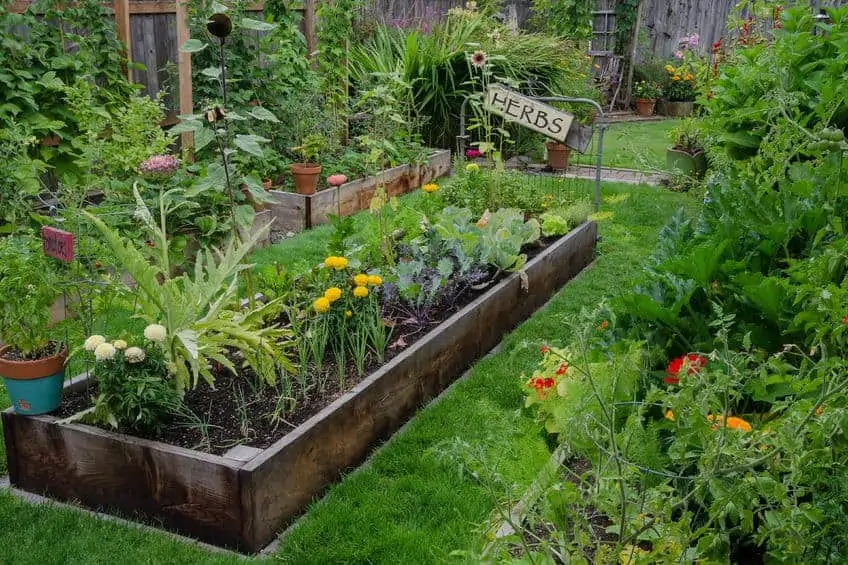
Make Your Garden Native
It’s only April and yet several parts of the country are already putting restrictions on residential water use in anticipation of a record-setting drought.
Instead of watching your plants wither in the hot sun, take this opportunity to revitalize your garden with native plants.
Check with your local nursery about the best plants for your region and watch your garden thrive as your water bill plummets.
Recycle Your Cell Phone
On average, cell phone users upgrade their devices every 18 months. An estimated 140 million phones ended up in the landfill in 2012, and currently, only 10 percent of all cell phones are recycled.
This information is especially troubling since cell phones contain such toxic chemicals as lead, lithium, and cadmium.
Don’t toss your old device; instead, donate it to a charity like Cell Phones for Soldiers, which receives proceeds in exchange for recycling it.
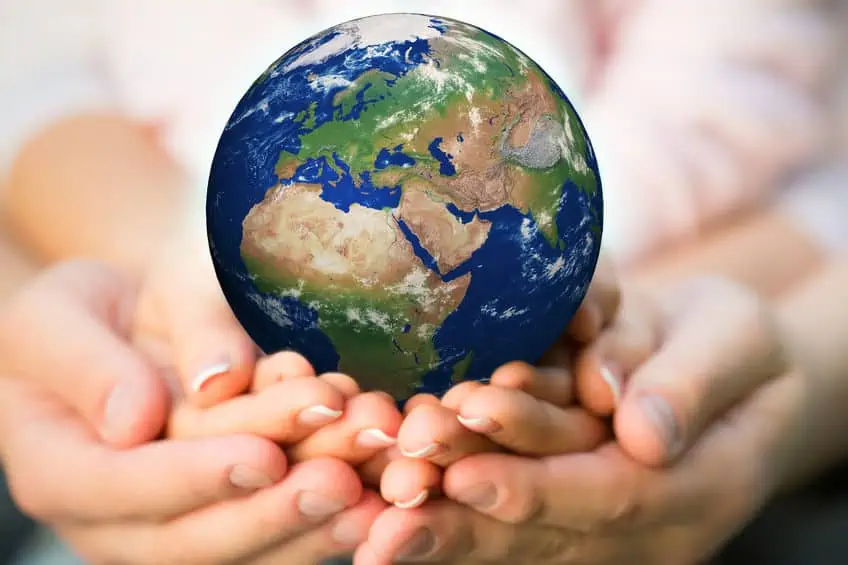
Just making a few small changes like these can really lower your carbon footprint, benefit your overall health and wellness and save some of your hard-earned money too!
I would love to hear about some of the ways that you are saving the environment and you money too!



Leave a Reply